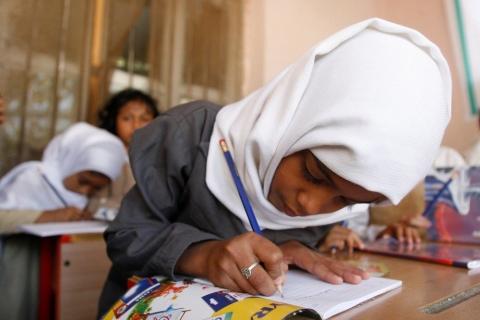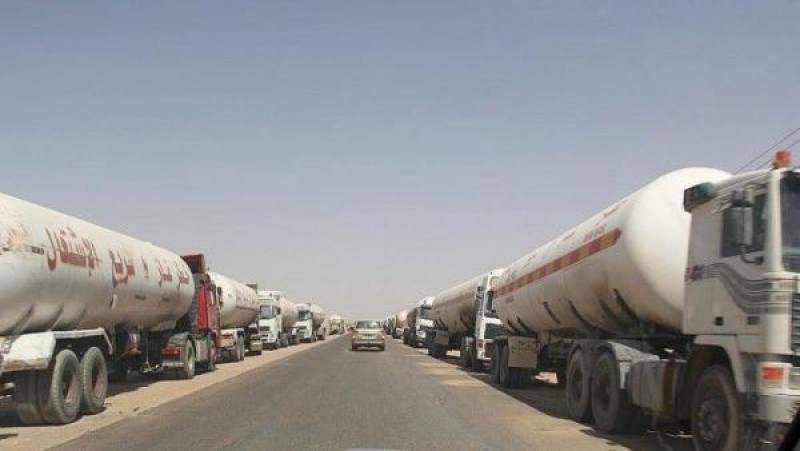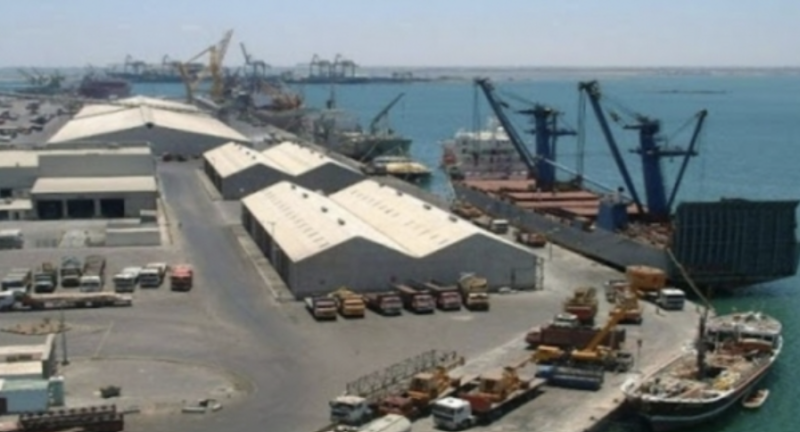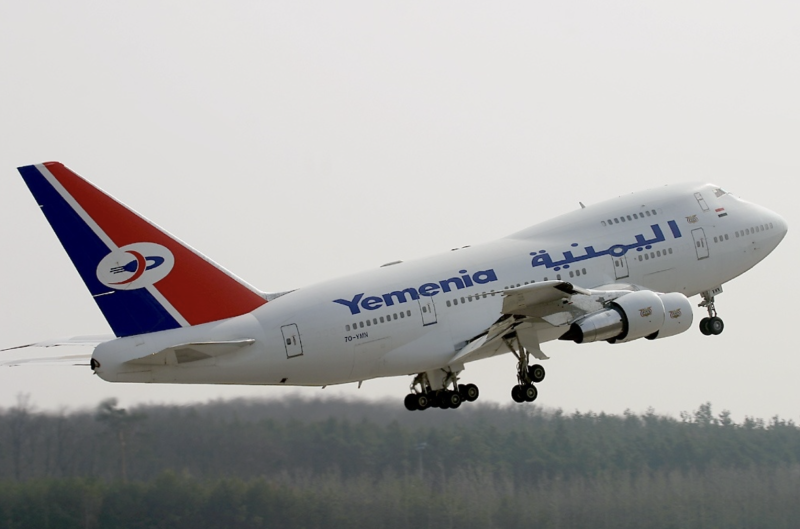Yemen migrant route grows 50 percent, surpasses Mediterranean - IOM


GENEVA: The number of migrants arriving in Yemen is set to rise 50 percent this year compared to 2017, with almost 150,000 risking all on the journey from the Horn of Africa towards the Arabian Gulf, the U.N. migration agency said on Tuesday.
Joel Millman, spokesman for the International Organization for Migration (IOM), said that meant there were more migrants on the route than the 107,000 who have arrived in Europe this year after making the perilous trip from North Africa across the Mediterranean.
"This is an emergency, an event that is at least as big, and probably bigger, than some of the other large movements going on in the world today. I guess the exception would be Venezuela," he told reporters, referring to the exodus of about 3 million people from crisis-hit Venezuela in recent years.
"Migrants reaching Yemen travel first by land, primarily through Djibouti, and eventually undergo perilous boat journeys across the Gulf of Aden to Yemen, now one of the busiest maritime migration routes in the world," Millman said.
An estimated 92 percent of the migrants were Ethiopian and the rest were Somali, and one in five were minors, many of them unaccompanied.
Since the beginning of 2014, IOM has recorded more than 700 deaths in the Gulf of Aden, with 156 drownings this year, but Millman said that was certainly an underestimate.
Many cases went unreported, and sometimes people traffickers forced migrants out of their boat as soon as they came within sight of land, and many drowned, he said.
"Only when those bodies are recovered on the beach do we even hear about it," he added.
Millman said the migrants were driven by drought and unemployment in the Horn of Africa and lured by the wages available in the Gulf.
In July this year a U.N. report said Saudi Arabia had been deporting 10,000 Ethiopians per month after an amnesty for voluntary return ended in November 2017.
People smugglers used Yemen's war to drum up business, claiming that the authorities were too preoccupied to monitor Yemen's borders properly.
“Of course, once they get there, it is a very different situation," he said.
"There are minefields to cross, there is gunfire... there are car crashes, all kinds of dangerous spots along the border. We have seen considerable fatalities for the last three years." Reuters

Aden — The Yemen Gas Company announced Friday the deployment of a fleet of 461 trailers carrying household gas to the interim capital Aden an…

Aden — The internationally recognized government of Yemen has announced the signing of a major agreement to rehabilitate and relaunch operati…

Aden -- Yemen Airways has announced the cancellation of the mandatory round-trip ticket requirement for passengers traveling from Yemen to Saudi Ar…